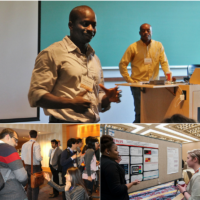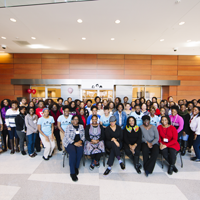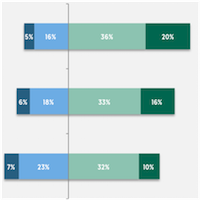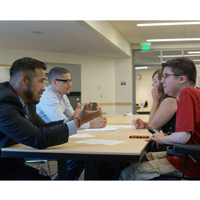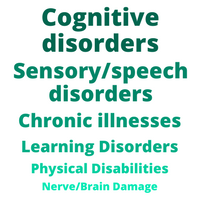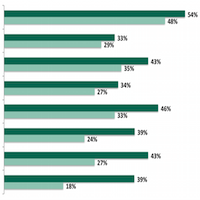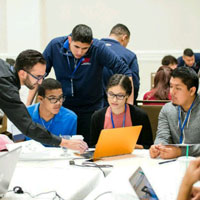
Expanding the Pipeline: CAHSI Broadens Hispanics’ Participation in Computing
The Computing Alliance for Hispanic-Serving Institutions (CAHSI) is a consortium of Hispanic-serving institutions (HSIs) committed to consolidating the strengths, resources, and efforts of public, private, federal, state, and local organizations that share the core value of increasing the number of Hispanics who pursue and complete baccalaureate and advanced degrees in computing areas. CAHSI plays a critical role in evaluating, documenting, and disseminating effective practices that support students in computing disciplines at the critical junctures in the academic pipeline.




